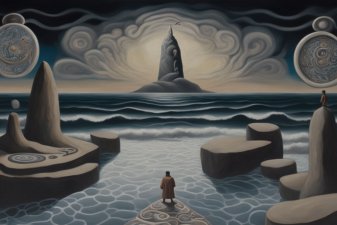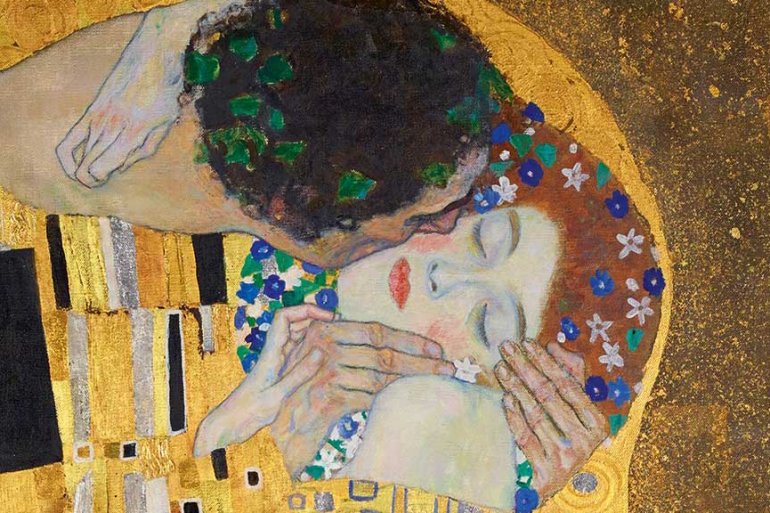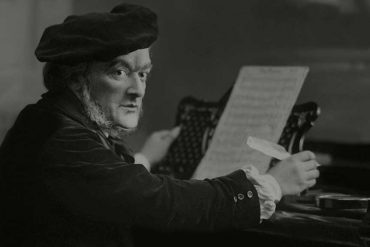Philosophical esotericism —the practice of communicating one’s unorthodox thoughts “between the lines”— was a common practice until the end of the eighteenth century. The famous Encyclopédie of Diderot, for instance, not only discusses this practice in over twenty different articles, but admits to employing it itself. The history of Western thought contains hundreds of such statements by major philosophers testifying to the use of esoteric writing in their own work or others’. Despite this long...
Philosophy
Everything on philosophy related to Maier files series. Posts and Thoughts examining existence, change, properties, space, time, causality, and possibility.
In the realm of myth and music, the story of Tristan und Isolde holds a profound place, delving into the mystique of love and death. This article explores the deeper, perhaps occult, significance of the Tristan und Isolde myth, using insights from Denis de Rougemont’s “L’amour et l’Occident” and Robert A. Johnson’s “Die Traumvorstellung Liebe – Der Irrtum des Abendlandes.” By examining Richard Wagner’s music drama, we unravel the layers of Tristan’s quest for his...
The problem of consciousness, alternatively put, is the problem of finding out how mental phenomena, such as thoughts and feelings, are related to physical occurrences in brains. This way of stating the problem assumes that some such relation exists, an assumption not always made in the history of philosophy. Since Descartes the debate has become more sophisticated, and in our own time the use of scanning devices to monitor living brain activity has enormously advanced...
Those who love to regurgitate the word ‘democracy’ are usually those who know little about its meaning in the first place. One could draw a parallel with a criminal on trial who never calls himself a crook. It is only his accusers who call him a crook. De Benoist rightly states that every single political actor today, regardless of which corner of the Earth in which he may dwell, likes to decorate himself with the...
Paradoxes appear in all shapes and forms. Certain are uncomplicated paradoxes of reasoning with minimal potential for investigation, while others sit atop icebergs of full scale scientific disciplines. Many may be solved by mindful consideration of their hidden assumptions, one or more of them could be faulty. These, strictly stating, really should not be referred to as paradoxes at all, because as soon as a puzzle is solved it stops to be a paradox. “One...
Known to some as Sir Thomas More and to others as Saint Thomas More, the author of 1516’s Utopia—and inventor of the word utopia itself—lived from 1478 to 1535. He was a man of great conviction, deep Catholic faith, and remarkable rhetorical skill. It’s not often possible to trace the origins of an entire literary genre (Utopian and Dystopian Works of Literature) back to a single work. Thomas More was, by training, a lawyer and...
In the annals of history, obscured by the veil of secrecy, an enigmatic struggle persists—a clandestine war that transcends the superficial causes and known leaders. Evola, in a thought-provoking essay, delves into this concealed conflict, unraveling a three-dimensional conception of history. This article seeks to unravel the depths of Evola’ discourse, exploring the metaphysical nature of the war, scrutinizing the entities involved, and dissecting the nuanced tactics employed by the covert forces. Understanding the Subterranean...
When reading Otto Maier’s journals and stumbling on his musical (harmony) ideas, the illusionary world and the references to the division “Parzival” one will meet without doubt Wagner and Schopenhauer. Philosophical ideas profoundly inspired Wagner. Not in a dilettante fashion, but out of genuine interest, passionate need, and deep study. In early adulthood he was a real revolutionary socialist and a comrade of Mikhail Bakunin, in whose company he manned the barricades in the Dresden uprising of...













